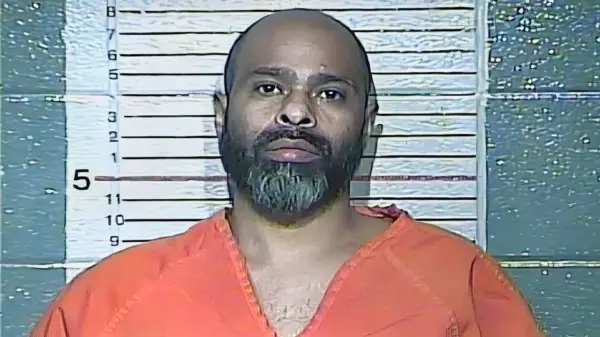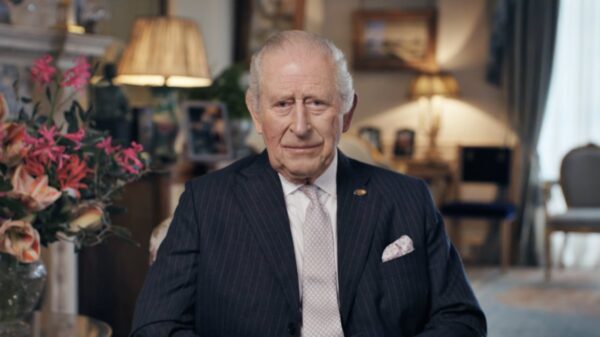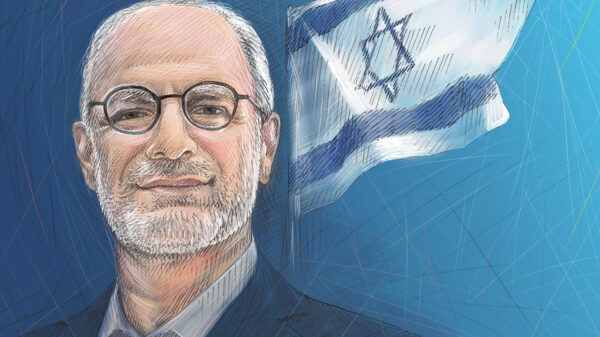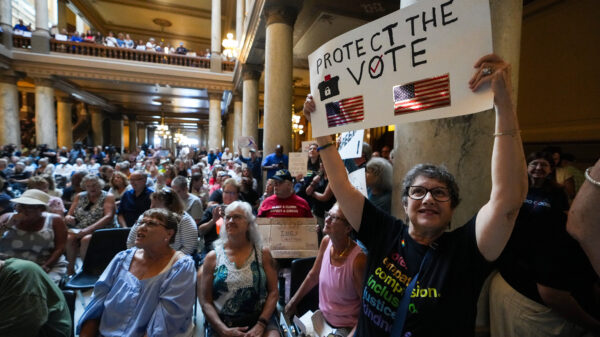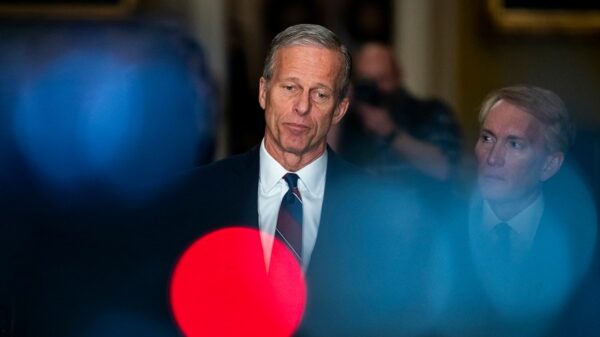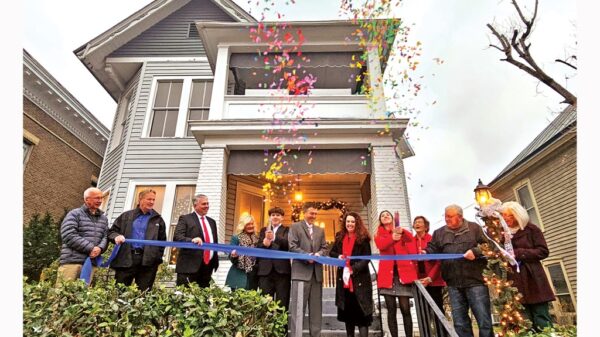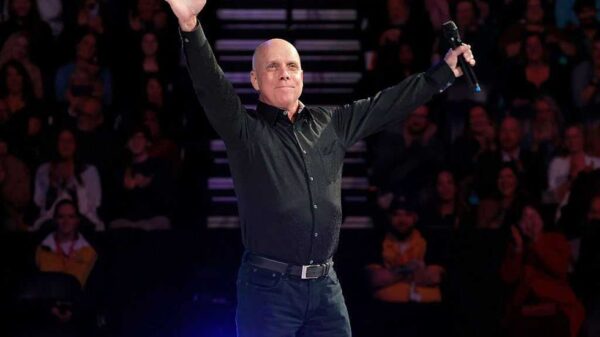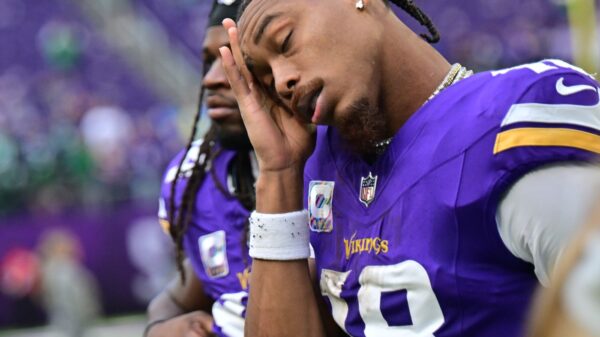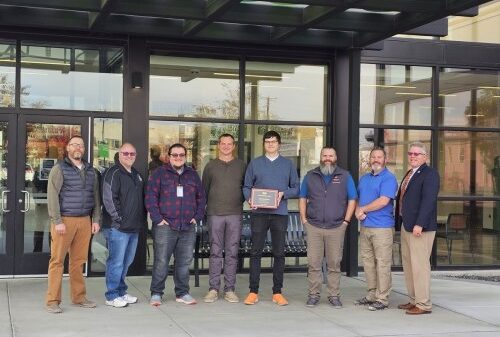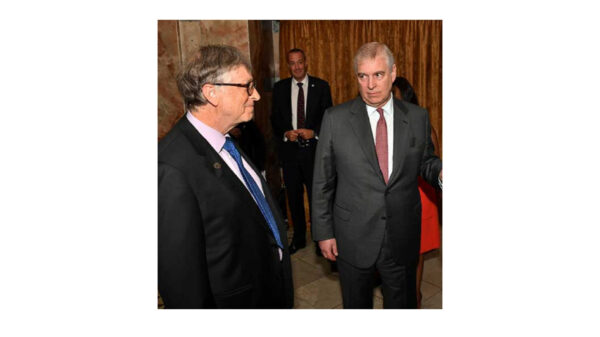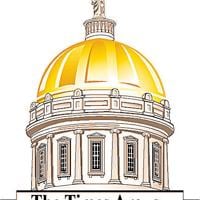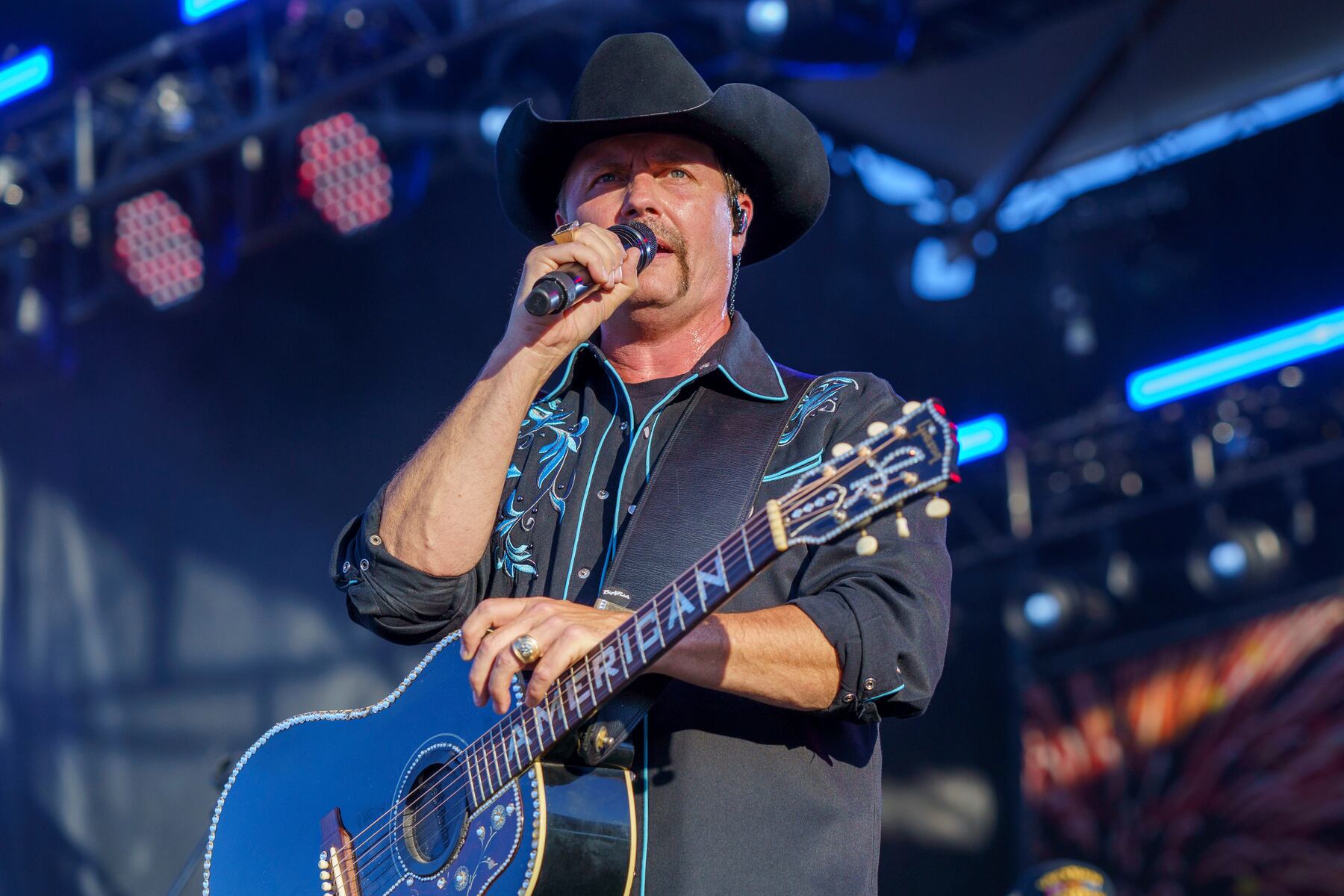Country music artist John Rich has publicly criticized prominent Texas megachurch pastor Joel Osteen, sparking a discussion on the controversial concept of prosperity theology. In an episode of the “Shawn Ryan Show” podcast, Rich, who rose to fame in the 1990s as part of the band Lonestar and later as one-half of the duo Big & Rich, voiced his concerns over Osteen’s reluctance to address the notion of “end times” with his congregation.
Rich, 51, expressed his belief that Osteen avoids uncomfortable topics to maintain a positive atmosphere within his church, which is based in Houston, Texas. “To say that God would never make his people go through something like that is one of the most ignorant, spiritually ignorant things a person could say,” Rich stated, as reported by the Daily Mail. He continued, asserting that modern churches, including Osteen’s, often shy away from preaching challenging subjects that could unsettle their followers.
Osteen, 62, is widely recognized as a leading figure in prosperity theology, a belief system that suggests faith can lead to financial success and personal happiness. With more than six million social media followers and television broadcasts reaching over 20 million viewers each month across more than 100 countries, Osteen’s influence is considerable. His estimated net worth exceeds $50 million, which has drawn criticism from some quarters, including Rich.
Rich highlighted the disparity between the experiences of Christians in the United States and those facing persecution in other parts of the world. “They are willing to worship God and be a Christian when it means they could die for doing it. And we don’t have that problem in the United States,” Rich said. His remarks resonate with many who feel that the comforts of American life can lead to a disconnect from the struggles faced by believers globally.
Despite Rich’s pointed critique, there have been no official responses from Osteen regarding the comments made on the podcast. The discussion has reignited conversations about the roles and responsibilities of religious leaders in addressing difficult topics within their communities.


